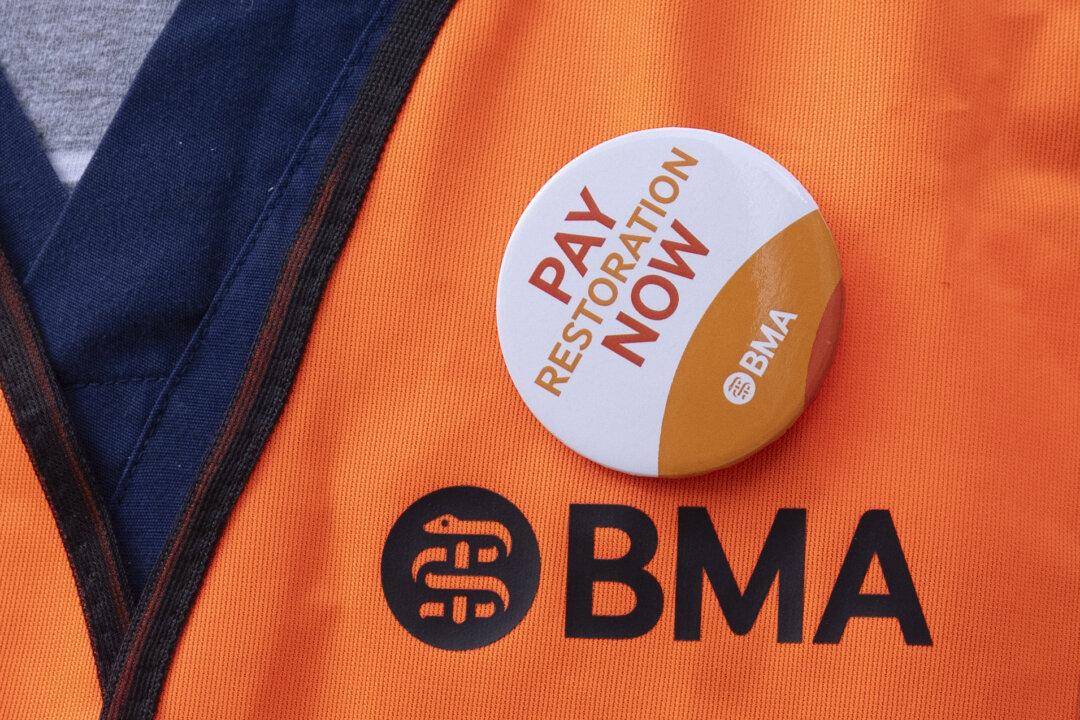Three groups of NHS doctors in pay disputes in England will resume talks with the government, the British Medical Association (BMA) has said.
The union said on Friday that Junior doctors are expected to re-enter talks next week, while consultants said on Thursday that they were pausing strikes for talks, which the government indicated it was willing to resume.





